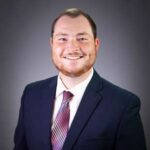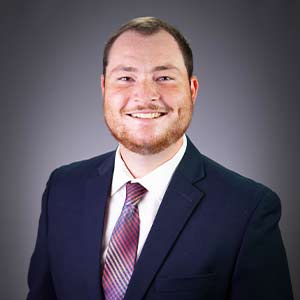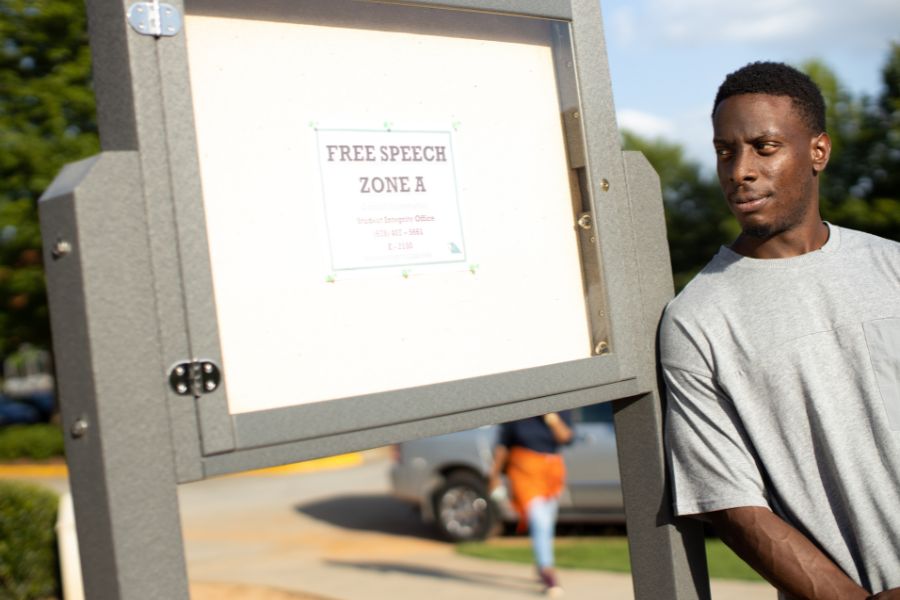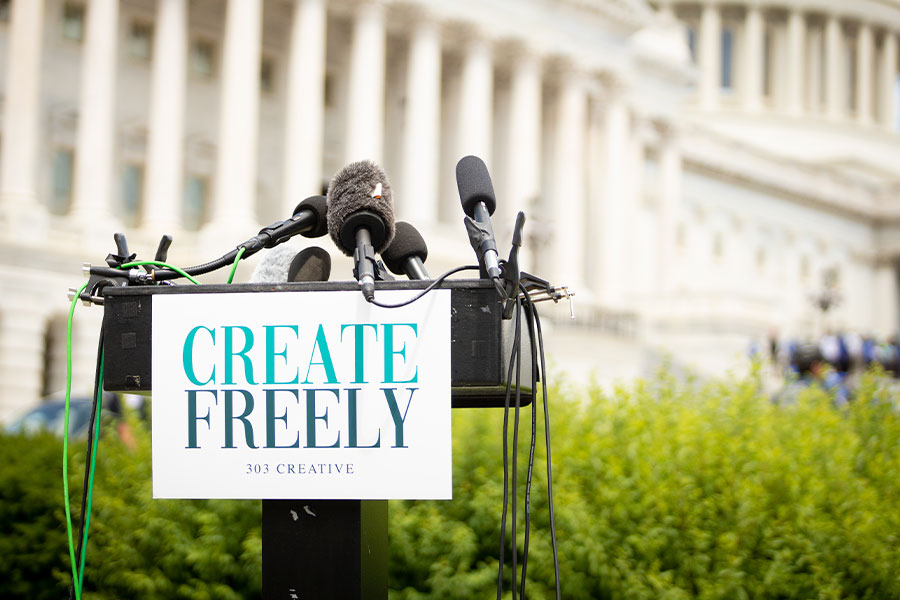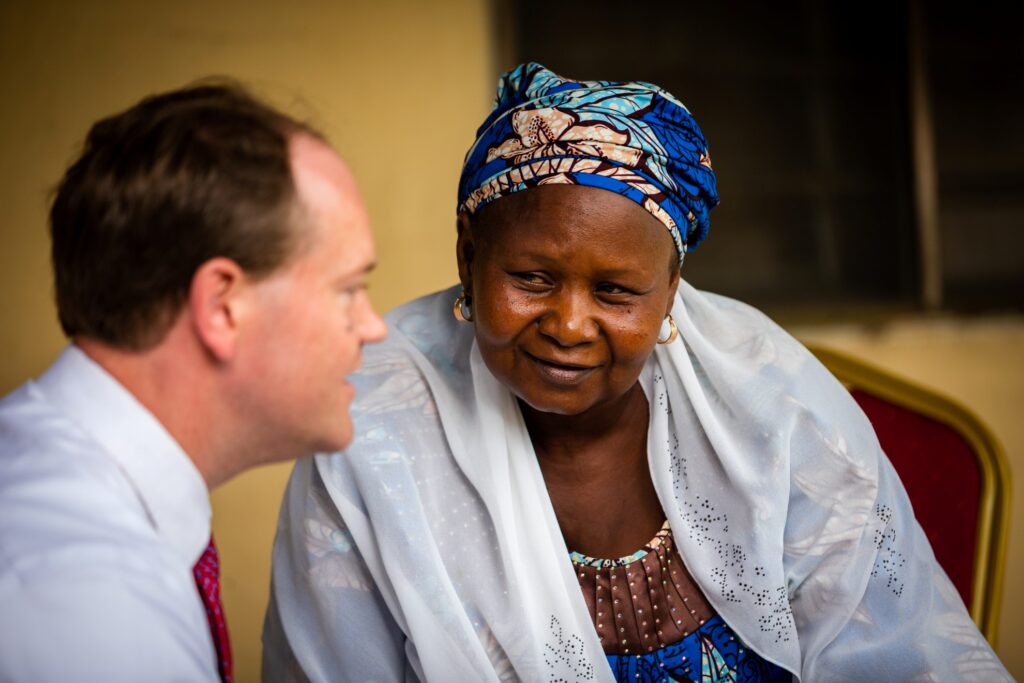
The freedoms of speech and religion are two fundamental human rights that should be enjoyed by all people. But these fundamental freedoms are under assault in today’s world.
The United Kingdom—the birthplace of the Magna Carta and many of the human rights we enjoy today—is heavily restricting both free speech and religious exercise through ordinances called “public spaces protection orders.”
What is a public spaces protection order?
In 2014, the U.K.’s Anti-social Behavior, Crime and Policing Act gave local authorities the power to issue these “public spaces protection orders.” The orders claim to prohibit activities that “have had a detrimental effect on the quality of life” in public areas. In reality, they have been used to ban peaceful activities.
In five U.K. cities, these public spaces protection orders have been enacted to create censorship zones around abortion facilities, banning the broadly defined act of “protesting,” which can include “prayer or counselling.” Local authorities have used these to create so-called “buffer zones,” which can be roughly the size of a football field covering multiple city blocks, to punish or threaten people simply for praying silently.
Why “buffer zones” are actually censorship zones
Local “buffer zones” in the U.K are often posted on signposts along public streets and list prohibited activities.
For example, Bournemouth, England, has in place a draconian so-called “buffer zone” detailing a list of such activities, including sprinkling holy water, kneeling, reading scripture, and prayer, considered to be an “act of approval/disapproval” toward abortion. It covers 10 streets surrounding Bournemouth’s abortion facility.
Proponents of these zones refer to them as “buffer zones” to hide their true purpose. They claim that the zones, many of which are established outside abortion clinics, are meant to create a “buffer” to protect women from harassment.
Harassment is wrong in any circumstance, which is why it already is clearly illegal and fully prosecutable under U.K. law. But these zones have nothing to do with protecting women from harassment. Instead, they are deliberately used to silence and sanction people who hold pro-life convictions. That is why an accurate name for these areas is censorship zones.
What have the courts said about so-called “buffer zones”?
In December 2022, the Supreme Court of the United Kingdom ruled that legislation setting up deceptively named “buffer zones” outside of abortion clinics in Northern Ireland does not “disproportionately interfere” with the rights of “protesters.” ADF International’s Lois McLatchie explained the legislation’s real purpose.
“When it comes to buffer zones, I think we can all agree that harassment against women is absolutely wrong,” she told the BBC. “However, these buffer zones are not targeted. They are a blanket ban on any presence from pro-lifers, and that includes very peaceful and helpful activities like peaceful prayer and offering charitable help to women who might need it and might want to consider alternatives to abortion.”
“Silent prayer is only a thought held in your own head, and to say that that would be criminalized in a certain area of the public is very, very far-reaching and censorial.”
Sadly, the U.K. Supreme Court’s decision opens the door for other jurisdictions in the country to pass similar laws establishing so-called “buffer zones” outside of abortion clinics. The government in Scotland already has signaled a willingness to pass such laws, and Parliament passed a nationwide “buffer zone” bill for England and Wales.
How have public spaces protection orders and “buffer zones” been used?
While supporters argue that so-called “buffer zones” are supposed to prevent harassment, the actions of local governments have proven that these are truly censorship zones. Below are a few people whom governments tried to silence for their pro-life and pro-free speech beliefs.
Isabel Vaughan-Spruce
Isabel Vaughan-Spruce is a charitable volunteer who has dedicated her life’s work to supporting women outside of abortion facilities. In late 2022, she was approached by three police officers while she was silently standing outside a closed abortion facility in Birmingham, England.
After Isabel clearly told an officer that she was not protesting, he asked if she was praying. She replied that she “might be” praying in her head. The officer asked her if she would come to the police station for questioning, and she said that if she had a choice, she would not.
He then told her that she was under arrest “on account of suspicion of failing to comply with a Public Spaces Protection Order. Another officer then extensively searched Isabel on the public street.
The Crown Prosecution Service (CPS) in England later announced that it had dropped the charges against Isabel but made it clear that the charges “may well start again” soon as it continued to review evidence.
Isabel exercised her right under U.K. law to have her day in court rather than have the threat of renewed charges hang over her. Thankfully, on Feb. 16, 2023, she received a “not guilty” verdict, clearing her name and helping to gain clarity as to the legality of silent prayer.
“I’m glad I’ve been vindicated of any wrongdoing. But I should never have been arrested for my thoughts and treated like a criminal simply for silently praying on a public street,” Isabel said.
“When it comes to censorship zones, peaceful prayer and attempts to offer help to women in crisis pregnancies are now being described as either ‘criminal’ or ‘anti-social.’ But what is profoundly anti-social are the steps now being taken to censor freedom of speech, freedom to offer help, freedom to pray and even freedom to think.”
Just weeks after her “not guilty” verdict, Isabel was arrested yet again, with police wrongly claiming that the “buffer zone” banned her from simply standing near an abortion facility.
Adam Smith-Connor
While British Army veteran Adam Smith-Connor was standing silently on a public street in Bournemouth, England, in November 2022, multiple “community safety accredited officers” approached him. The officers asked Adam what he was doing, and he told them he was praying for his deceased son.
He had his back turned to a nearby abortion facility to make sure he was respecting the privacy of both the staff and women there. But the officers informed him he was standing in a “buffer zone,” and since he was praying in his head, he was violating the public spaces protection order.
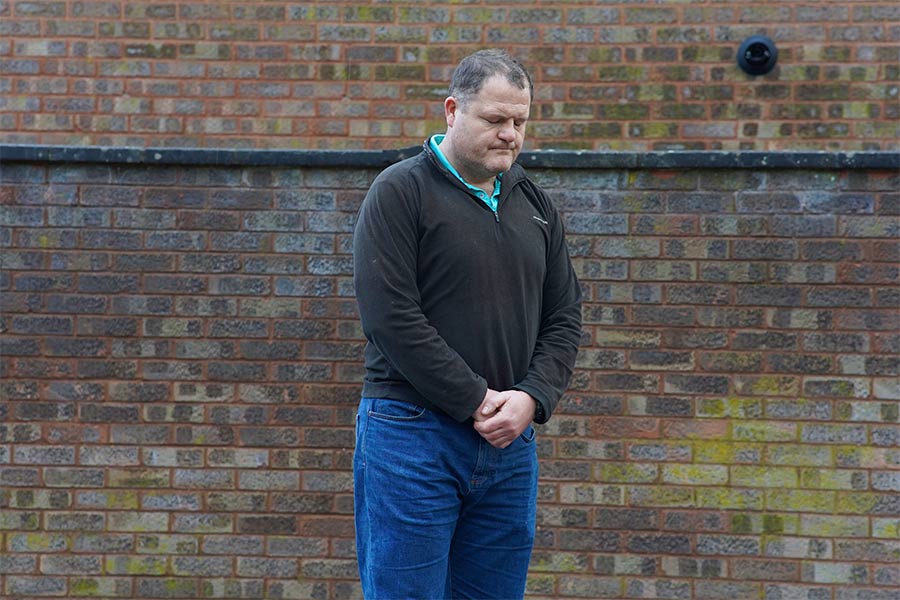
Local officials issued Adam a fine, which they said stemmed from his decision to pray for his deceased son. Adam said he had paid for his ex-girlfriend to have an abortion 22 years ago, and he wanted to pray to God for his son and other babies who have lost their lives to abortion.
“I would never have imagined being in a position to risk a criminal record for praying silently,” Adam said.
“In the past, I assisted with abortions in hospital as part of my army medical training, but now I pray for those who perform abortions because I realize how harmful abortion is to women and families, and that every single human life is valuable – no matter how small. Most of all, I’m moved to pray because of what happened to my son, Jacob.”
Adam is now challenging the fine with the help of ADF UK. No one should be criminalized for his beliefs, especially when he is expressing those beliefs silently in his own head.
Father Sean Gough
Father Sean Gough, a Catholic priest, was standing near a closed abortion facility in Birmingham, England, and silently praying in his head when he was approached by police. Father Gough was also holding a sign that read, “praying for free speech”—and standing within a “buffer zone” created by a public spaces protection order.

Police officers first told Father Gough that they did not believe he was breaking the rules, but they later asked him to come to the police station for questioning. After interrogating him, police charged him with “intimidating service-users” even though the abortion facility was closed when he was silently praying nearby.
“I pray wherever I go, inside my head, for the people around me,” Father Gough said. “How can it be a crime for a priest to pray? I often pray in my head near the abortion facility, but at the time in question, I was praying for free speech, which is under severe pressure in our country today.”
“At all times, I believed my actions to be lawful – freedom of expression, especially when peaceful, is protected in domestic and international law. It is deeply undemocratic to censor public streets, particularly those spaces where we know that many women have benefitted from peaceful offers of help about services available.”
Father Gough also faced a separate charge related to parking his car, which has a small “unborn lives matter” sticker on it, in the so-called “buffer zone.” The Crown Prosecution Service dropped the charges against Father Gough, but similar to the case of Isabel Vaughan-Spruce, they told him the charges could be reinstated. Father Gough also asked the courts to issue a clear verdict, and ADF UK supported his case.
Father Gough was acquitted of all charges along with Isabel on Feb. 16, 2023. He said the ruling represented a win for democracy.
“I’m pleased that I’ve been cleared of all charges today and to have cleared my name,” he said.
“I stand by my beliefs – unborn lives do matter. But whatever your views are on abortion, we can all agree that a democratic country cannot be in the business of prosecuting thought crimes.”
Even with these positive rulings, public spaces protection orders and improperly named “buffer zones” remain in place across the U.K. Governments cannot be allowed to punish or censor people because they hold different beliefs.
Conclusion
Proponents of public spaces protection orders and the “buffer zones” they create may claim that the orders are meant to protect women from harassment, but what they actually do is violate basic human rights. These orders broadly target anyone with pro-life convictions, even if they don’t say a word.
Unfortunately, members of Parliament have approved the introduction of “buffer zones” outside of abortion facilities across England and Wales. Clause 10 (formerly Clause 9) of the Public Order Bill will criminalize any form of “influence” outside of abortion facilities—including in the form of silent prayer.
Instead of passing censorship laws, the U.K. should be looking to the Universal Declaration of Human Rights, which states that “[e]veryone has the right to freedom of thought, conscience and religion,” as well as the rights of freedom of “opinion and expression.”
So-called “buffer zones” that literally criminalize silent prayer are nothing more than government censorship and represent a brazen assault on our most fundamental freedoms. A society that allows them to stand simply isn’t free.

